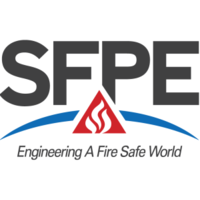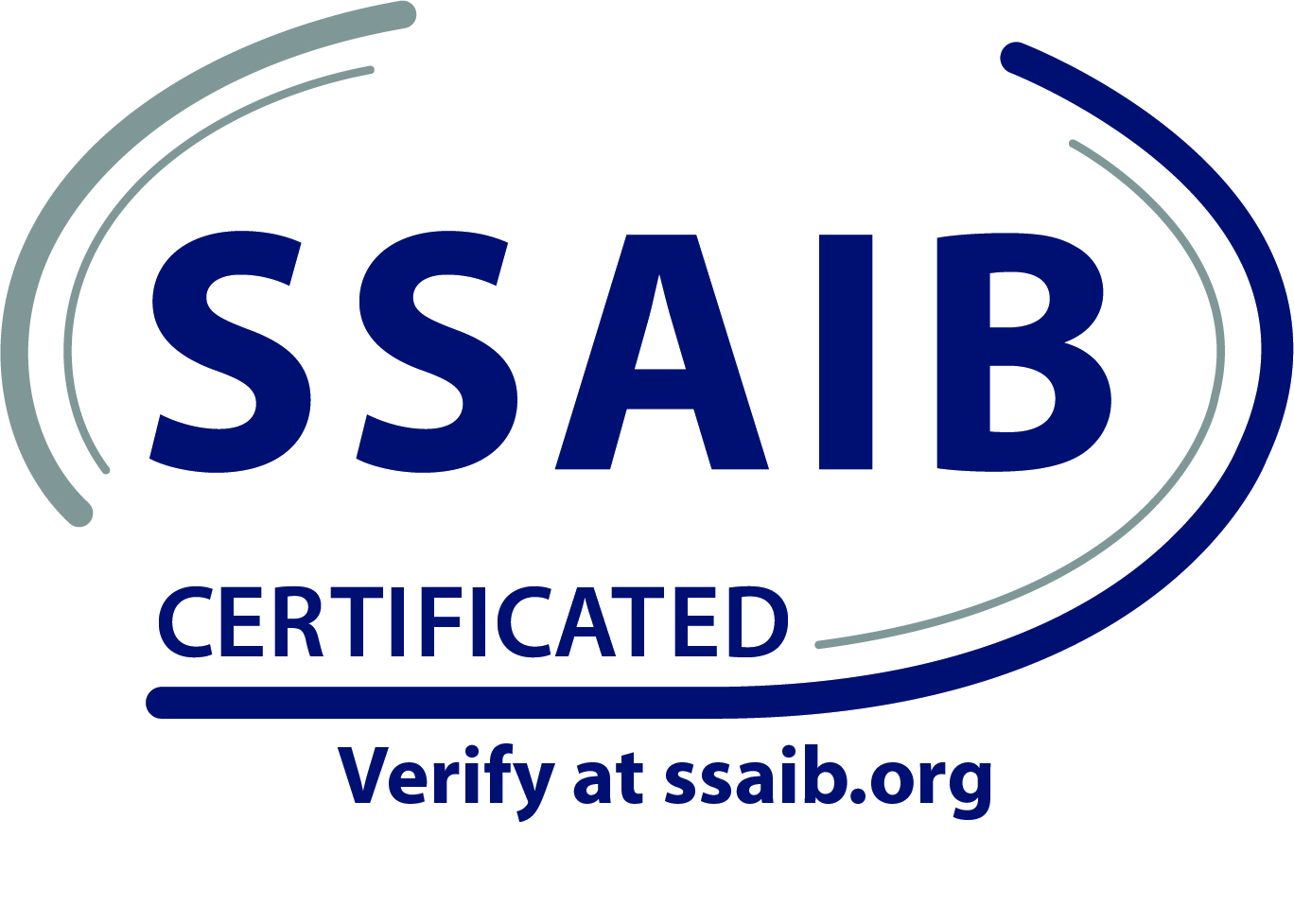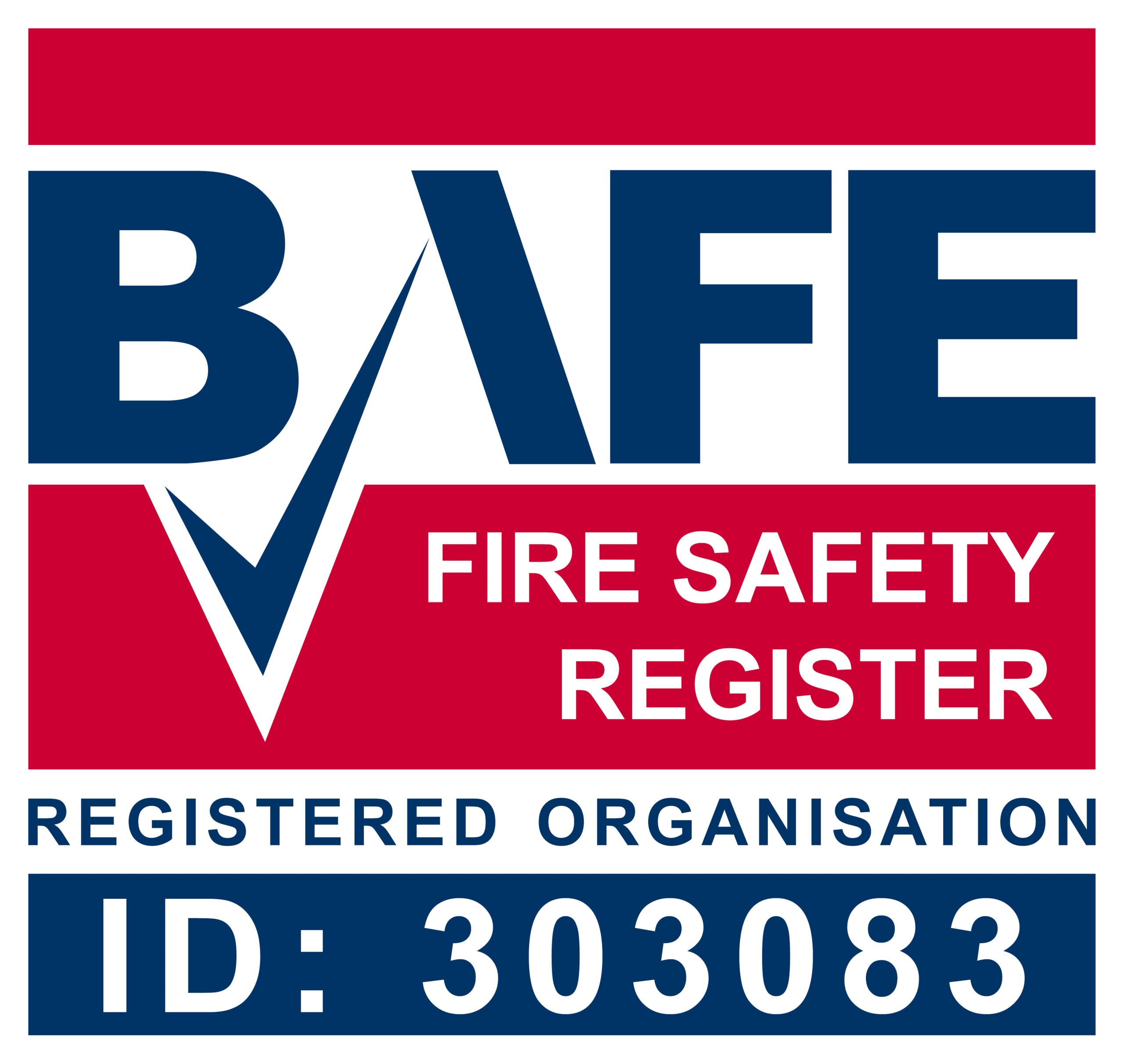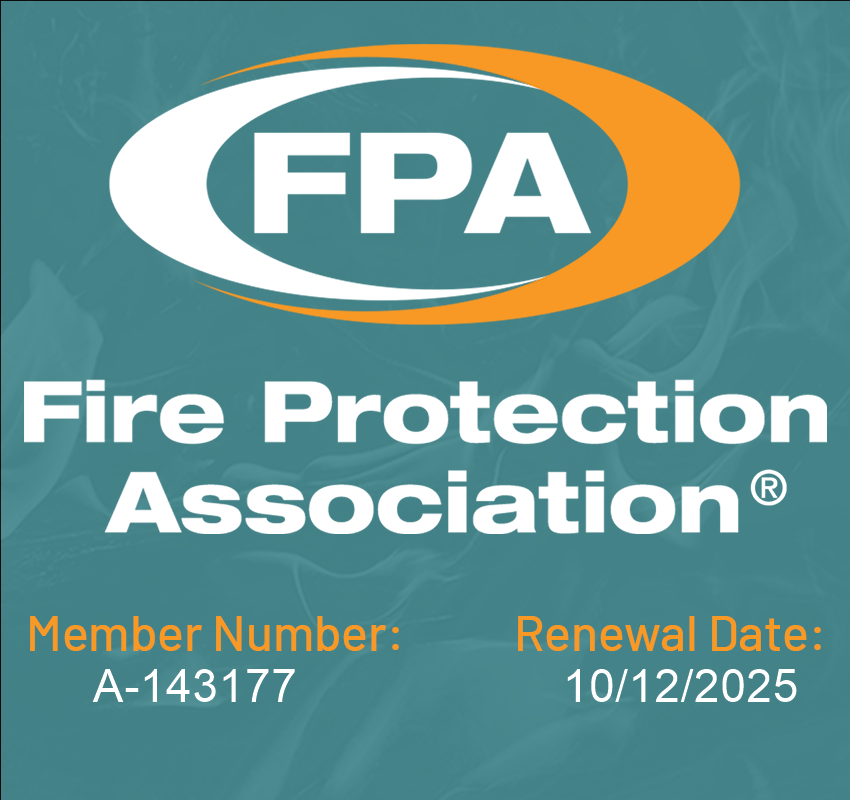Legislation requires that all landlords undertake fire risk assessments in all areas of their properties (other than private dwellings).
Just like employers, landlords have certain legal obligations when it comes to fire safety and protection of their properties and the safety of people who reside in their premises.
Legislation requires that all landlords including those of residential properties undertake fire risk assessments in all areas of their properties (other than private dwellings). Carrying out this process will identify fire hazards and who is at risk with recommendations to maintain a fire safe building.
The fire regulations for rental properties are outlined through different laws, some of which are set out below.
The Housing Act, which includes the Housing Health and Safety Rating System (HHSRS), describes many of the fire safety responsibilities applicable to landlords in the UK. In particular, it states landlords should make sure there’s an easy escape route in case of fire, and fire-resistant materials should be used where possible in the design of the building.
The Regulatory Reform (Fire Safety) Order, the fire safety order says the responsible person for multi-occupied residential buildings (for example, a landlord) must carry out a fire assessment in communal areas, making sure precautions and procedures are in place to protect the occupants in case of fire. It only applies to shared communal areas, such as shared kitchens or hallways in a block of flats.
The Smoke and Carbon Monoxide Alarm (England) Regulations requires landlords to install warning systems to protect tenants from the dangers of fire, smoke and carbon monoxide. Different rules apply to different parts of the UK, but most require landlords to install a smoke alarm on every floor and a carbon monoxide alarm in any room with a fuel burning appliance, such as a wood burning stove.
Building Regulations, it is essential if you are refurbishing a property before letting it out that you have applied these legislative requirements. Whether you are doing the work yourself or hiring a contractor to complete it on your behalf, the responsibility for compliance lies with you to achieve the Completion Certificate (or ‘Final Certificate’ in the case of Approved Inspectors) will be issued.
Furniture and Furnishings (Fire Safety) Regulations outline the minimum levels of fire resistance the furniture and furnishings in your rental property must have. As a landlord, you need to make sure any furniture or furnishings supplied in your property are suitably labelled to show they meet the specified ignition resistance levels.
What are the fire safety rules for houses in multiple occupation (HMOs)?
Houses in multiple occupation (HMOs) require additional fire safety precautions, although the specific conditions will depend on the premises and where it is. Your local housing authority will be able to advise you on the regulations that apply to your property – contact them to find out which rules affect you.









